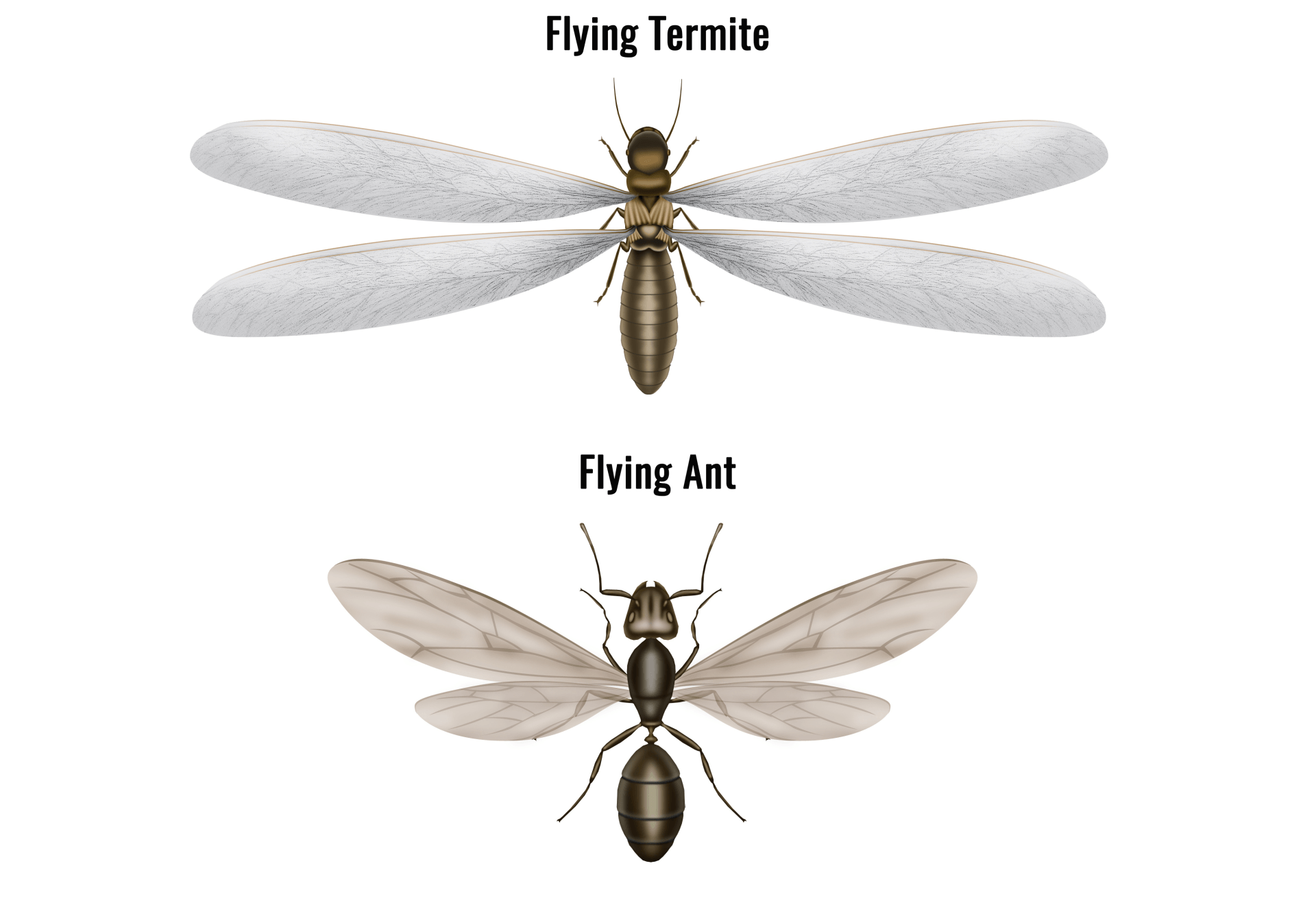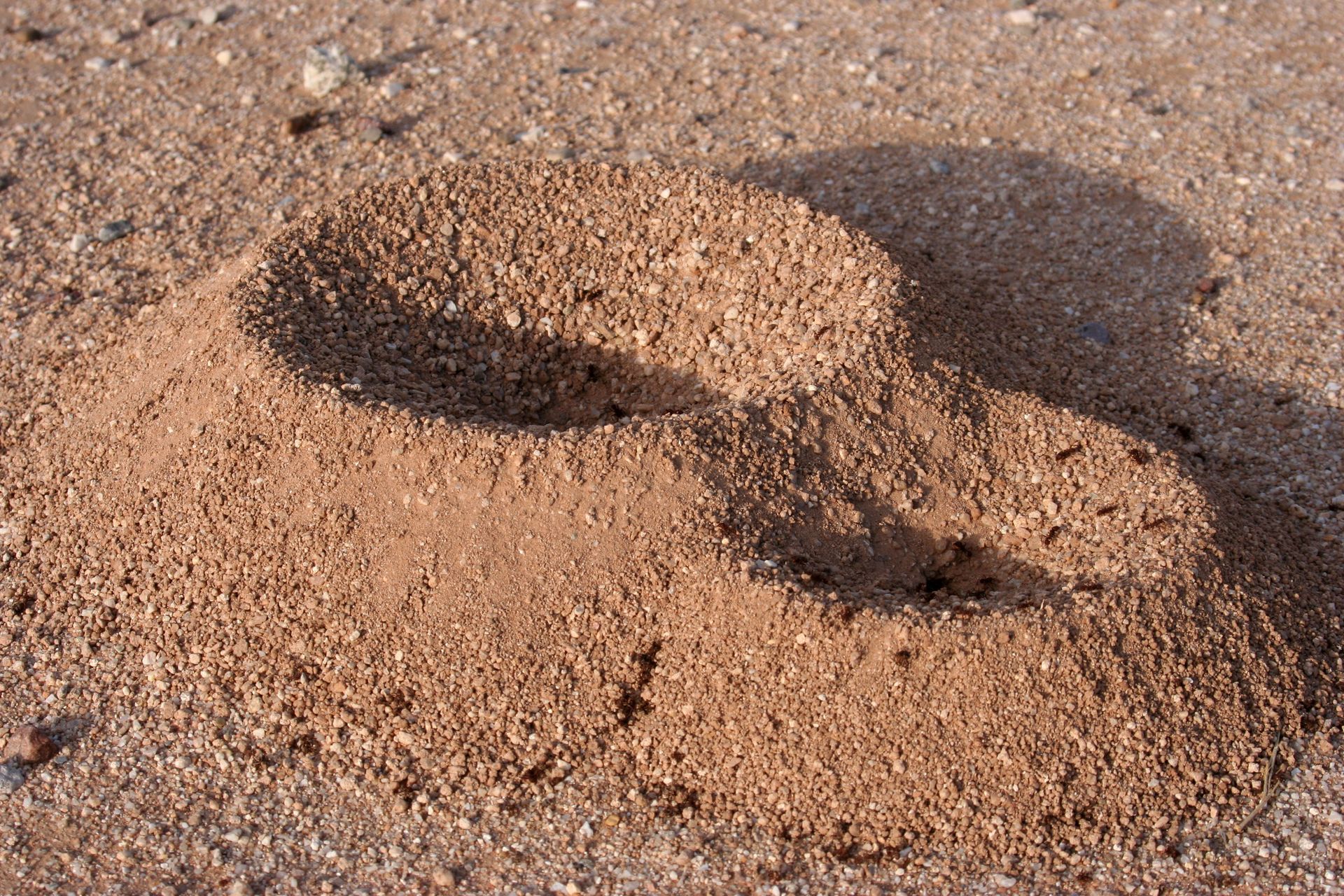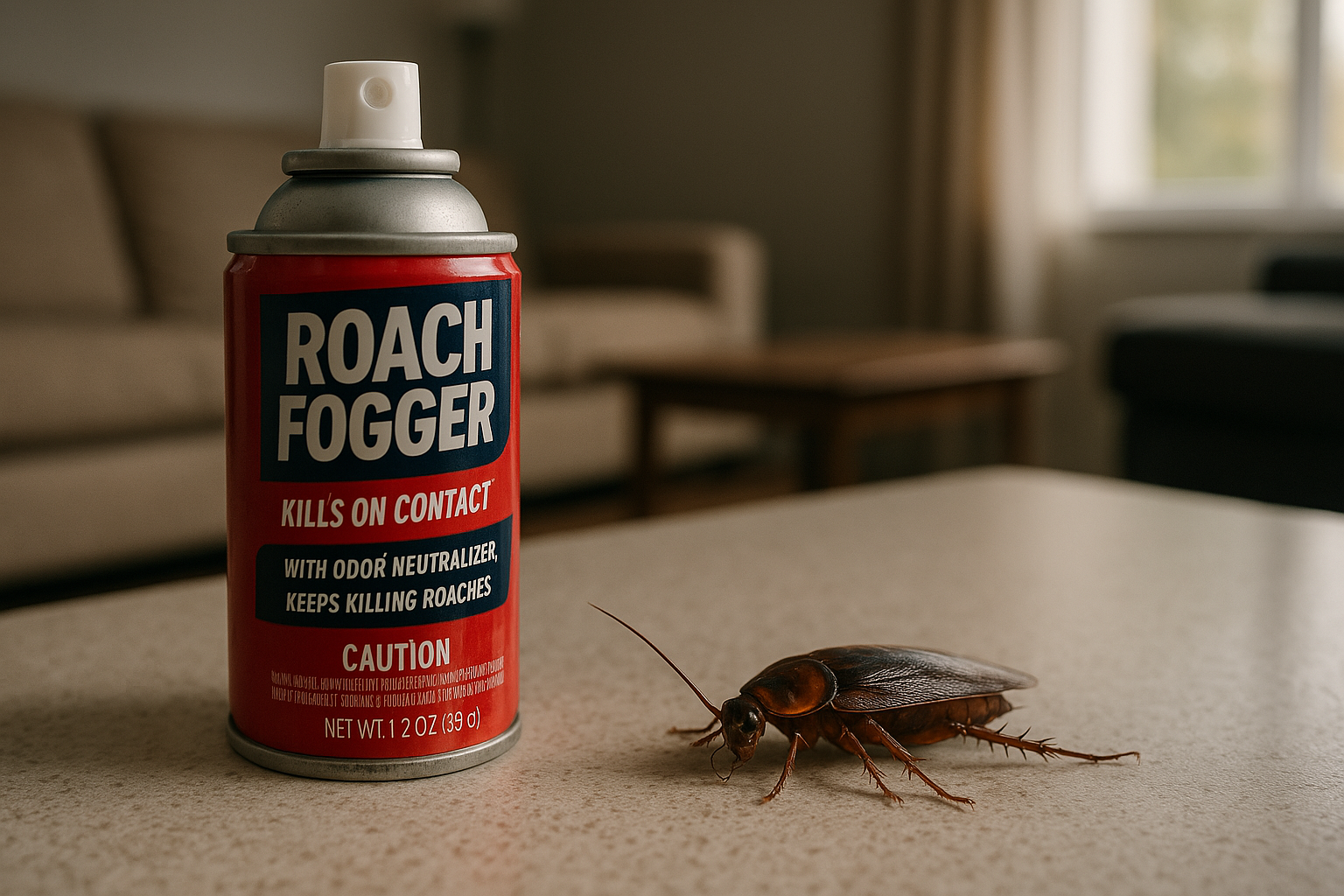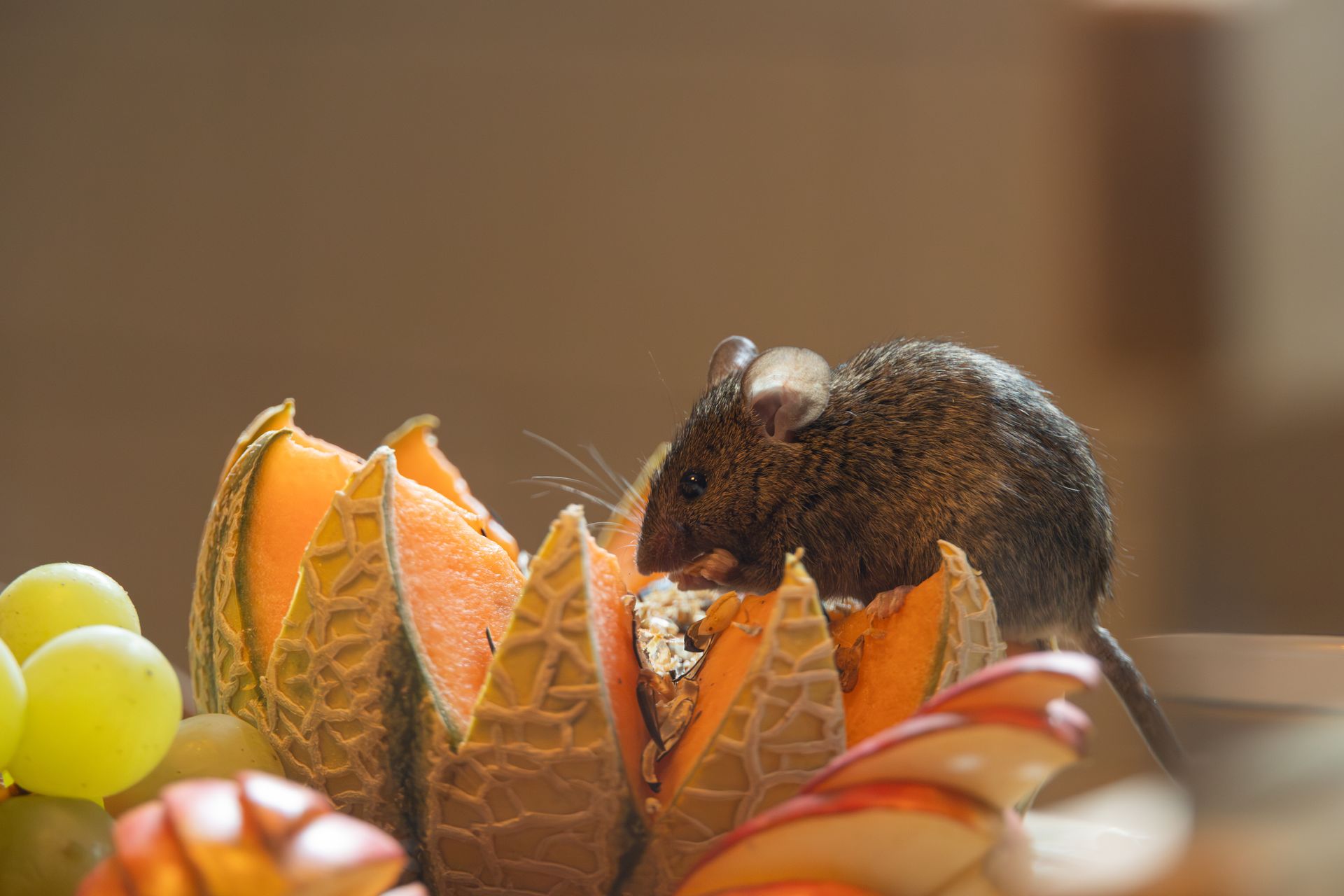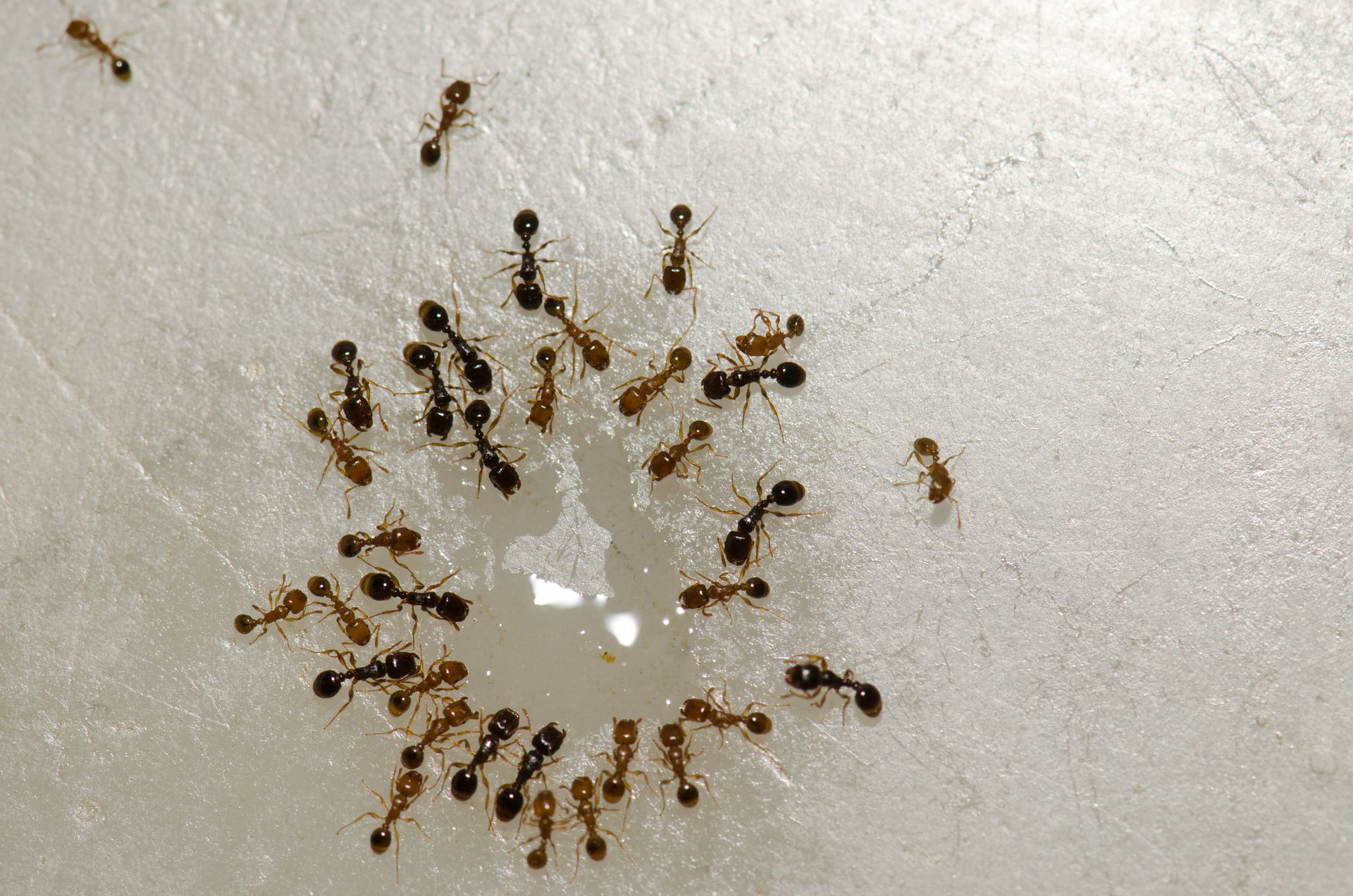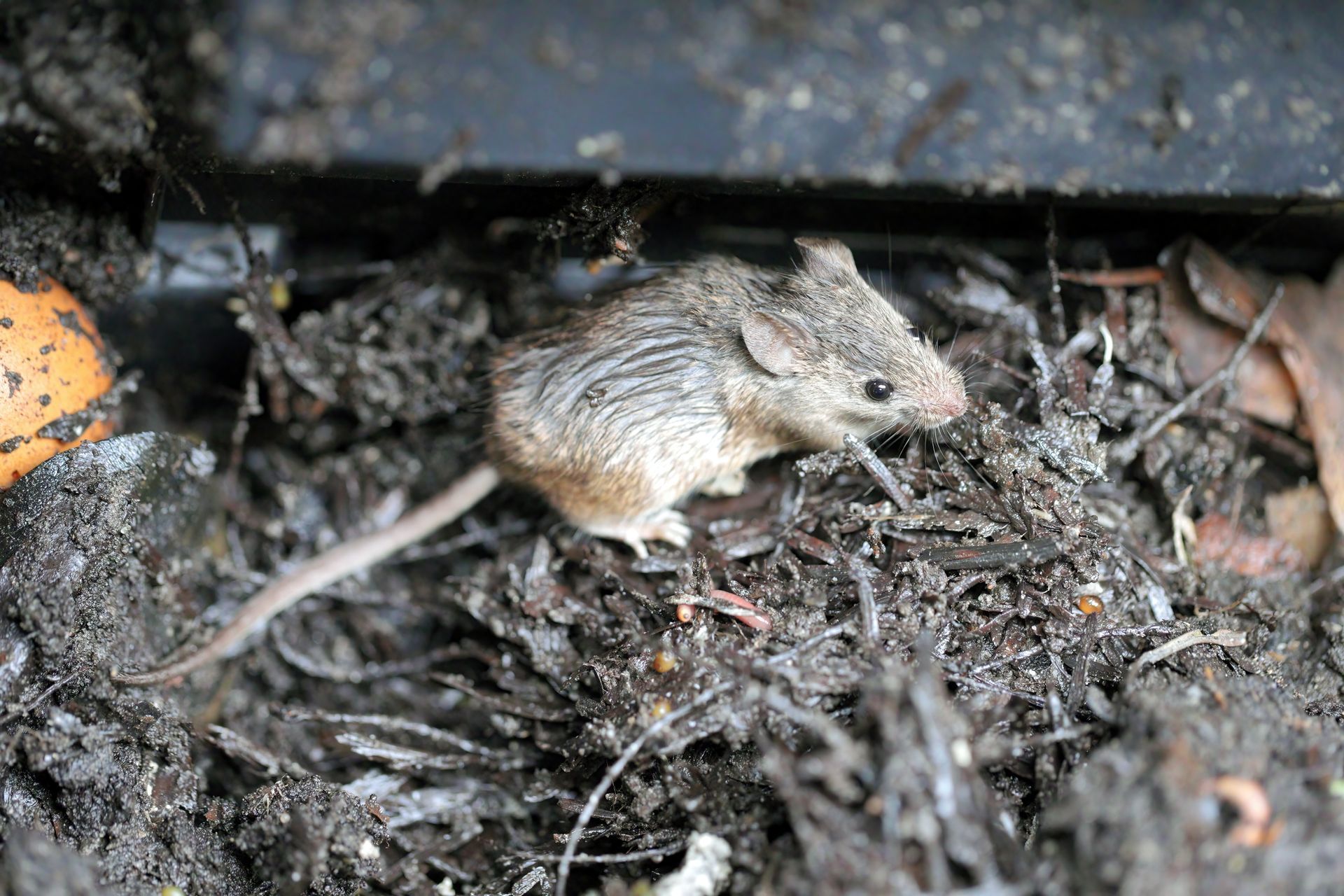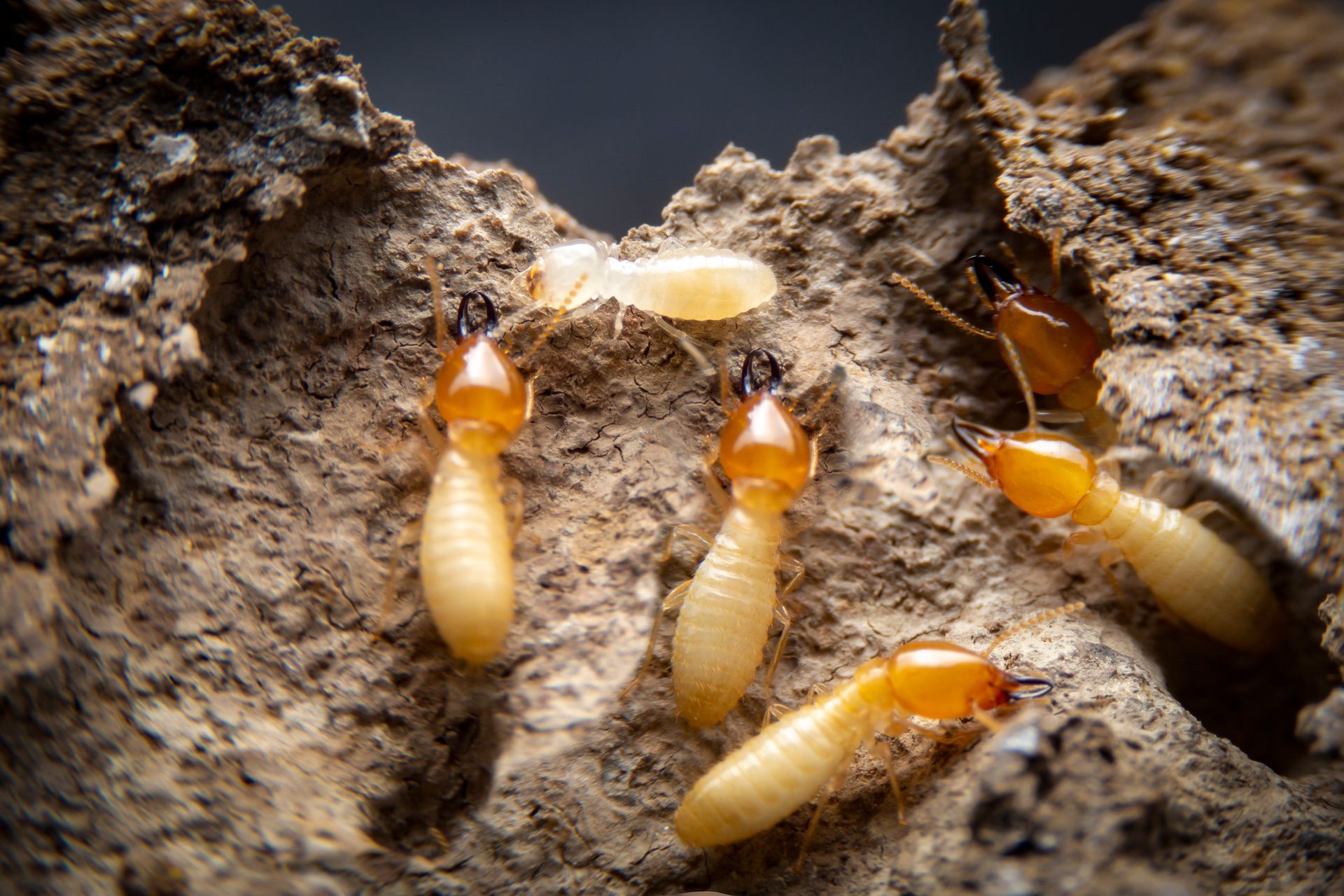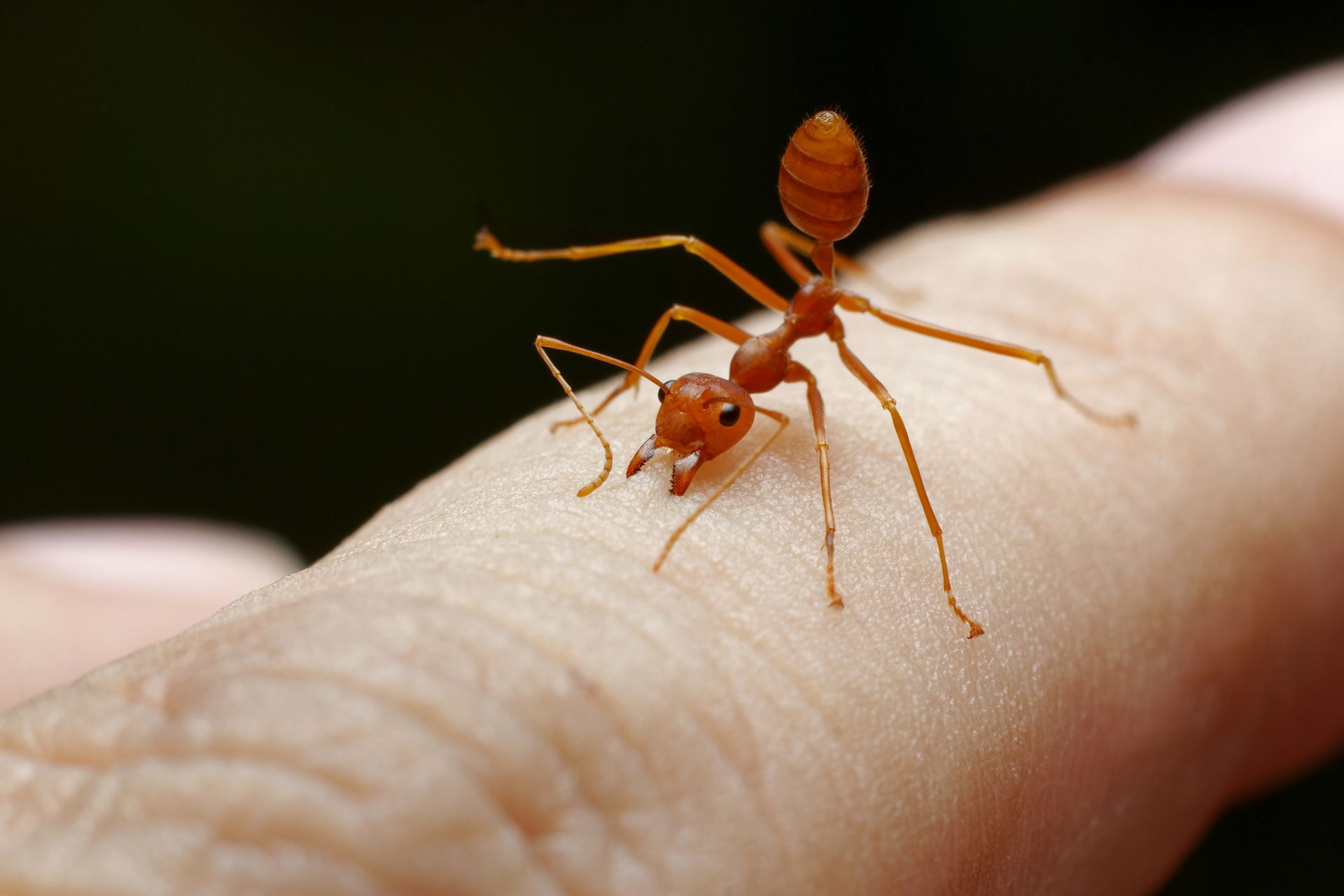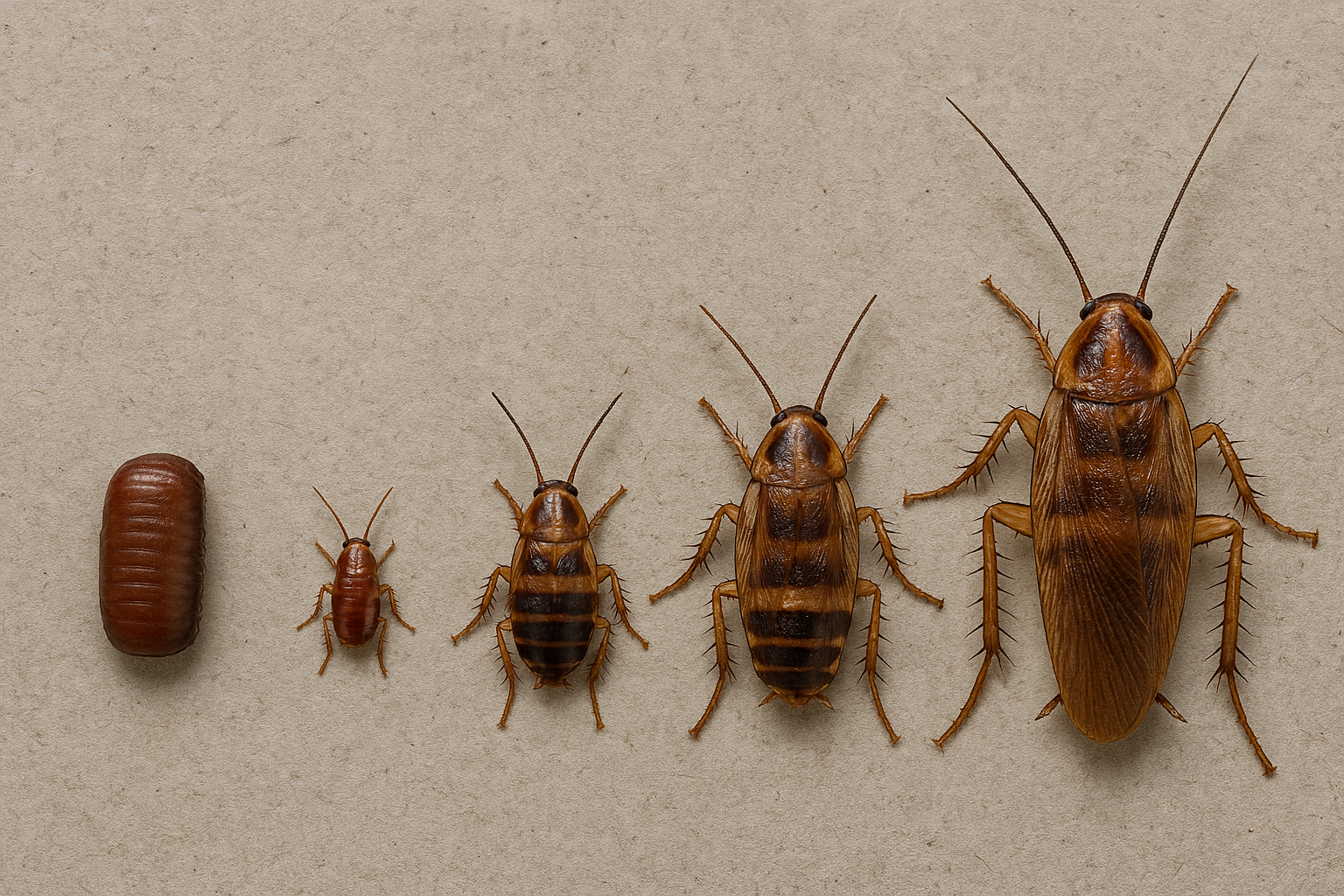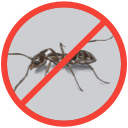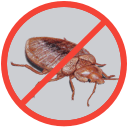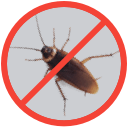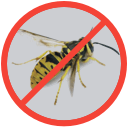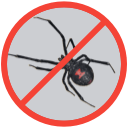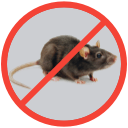How To Get Rid of Ants
How To Get Rid Of Ants Permanently

How to Identify Ants & Ant Activity
Understanding when ants are active helps to know when to be vigilant for ant activity. They are most active during:
- Spring – When ant populations jump from active reproduction cycles after winter temperatures warm
- Fall – When ants start moving indoors for shelter from harsh weather and temperatures
Regardless of reason, when ants are able to find a steady source of food and water, they will start sending in workers to come collect it. Ants can penetrate just about any small opening and climb extremely well which gives them the options to go around most things or through it. This sometimes results in structural damages as building material and wiring is chewed through if they decide to move through an item. Given the potential for damages, it is also important to be able to differentiate between ants and termites so proper treatments can be implemented.
The thing to be the most concerned about is when ants are found, is that the colony still needs to be addressed. This can take time and vigilance and a multifaceted treatment strategy to effectively eliminate ants from your home.
How to Get Rid of Ants in Your House
Addressing the most visible part of the problem will be easy enough. Indoor ants are usually following the same ant trials so they will lead you right to where you need to go.
How to Get Rid of Ants in Your Kitchen & Bedroom
List of Services
-
1. Find their source of foodList Item 1
This will show you what needs to be cleaned up and removed. Be sure to clean up the surrounding area and exterminate all signs of ants.
-
2. Break the pheromone pathsList Item 2
Ants will follow the scent of the scouts that found the food so even if you kill some, they can continue to find their way back. Use a mix of 1:3 parts vinegar and water and spray the mix over areas with ant activity. It doubles as a repellent since they dislike the smell.
-
3. Add repellentList Item 3
Ants are sensitive to certain smells so using peppermint or lavender oil in a mix to spray will help deter ants from entering an area. Boric acid powder also works effectively at killing and repelling ants.
-
4. Use pesticide baitsList Item 4
You can purchase baiting systems that attract ants and provide them with chemicals disguised as food that the rest of the colony eats and gets infected with. This leads to colony collapse if full effects are realized.
How to Get Rid of Ants in Your Bathroom
List of Services
-
1. Find where they are leadingList Item 1
Unless you’re eating snacks while in the tub, there likely isn’t much food to find in the bathroom. Ants in the bathroom usually indicate that they have found a source of moisture that is providing them with enough water to survive on.
-
2. Repair leaksList Item 2
To reduce available water resources, stop the leak or source of water, or block access to the water by sealing cracks and crevices. This will also require some inspection to see if water damages need to be repaired.
-
3. Local spot treatmentList Item 3
Use a vinegar water mix or a non-repellant insecticide spray to treat areas that show ant activity.
How to Get Rid of Ants Outside
The ants outside of your house may prove to be slightly more difficult to exterminate. These ants may have a colony deep underground or buried somewhere in a rotting log or tree stump. You will have to trace the paths of ant activity back to their source to exterminate the colony.
List of Services
-
1. Boiling WaterList Item 1
One of the quickest ways to take down a nest if it’s underground is to pour boiling water over the main entry hole. It is important to note that this does cause damage to grass, and other plants close by. Any remaining ants should be treated with outdoor insecticides.
-
2. Chemical PesticidesList Item 2
If the colony is buried in wood, chemical pesticides and ant killers should be used to saturate any exposed areas of the ant nest. This should at least permeate the openings enough to spread pesticides through the colony.
How to Prevent Ants in Your Home
Preventing ants once they have been exterminated is critical because ants will recover quickly if the colony and queen are not completely destroyed, and they will eventually find their way back. Preventative measures will ensure that ants have a much more difficult time gaining access to the food or resources that originally brought them into your home.
List of Services
-
1. Seal Entry PointsList Item 1
Seal all entry points, cracks, crevices, and any potential access point that ants can use to gain entry into your home.
-
2. Yard MaintenanceList Item 2
Keep up yard maintenance and keep branches and shrubs off your home and check wood around the area for signs of ant colonies.
-
3. Remove AttractantsList Item 3
Hide attractants like sweets and other food and keep them wrapped up or refrigerated.
-
4. CleaningList Item 4
Regularly clean and vacuum surfaces and floors. Be sure there is no debris, crumbs, or trash left out for ants to feed on.
-
5. Remove Trash
Empty the trash because they are generally filled with food that ants can access. Keep the area around the trash free of debris and food waste.
-
6. Spray Access Points
Spray potential access points with a vinegar and water mix which acts as an insect repellant.
-
7. Clean Up After Pets
Keep pet areas clean of debris and loose pet food.
-
8. Recurring Treatment
Maintain EcoGuard’s on-going quarterly pest control services to ensure that ants are prevented and treated immediately if found.
How to Find Ant Nests
More often than not, you can’t completely exterminate an ant problem without exterminating the colony. To do so, requires finding the main colony and sometime several satellite colonies as well. Finding the main colony can prove difficult because it requires following the visible ants back to their source which can be tedious and difficult. Having a professional like an EcoGuard pest control technician to provide experienced insight can help speed up the process because we can usually identify problematic areas quickly. Once the main colony has been identified and eliminated, on-going monitoring will help determine if ant activity persists. If it does, there is a high likelihood that satellite colonies have been formed which requires more investigation. Satellite colonies can be problematic because they can be found inside a home closer to food resources in places like wall cavities and under subfloors. Local spot treatment is usually enough to address these problems, but all colonies will have to be destroyed, otherwise ants will continue to regroup and come back.
Baits vs Sprays
The goal of colony collapse is to take queen and every last worker down with it. The great thing about pest control today is that there are several types that effectively treat colonies even if they are unreachable or unable to be found. Historically, chemical pesticide sprays were the most effective ant treatment option, but they lacked the ability to impact colonies unless direct exposure was possible. Today, they still act as an effective barrier that blocks ants from crossing and there are new non-repellant sprays available. Non-repellant sprays are undetectable by ants and allows them to walk through and infect themselves while also carrying the poison back to the colony. While spraying is still an effective measure, these days, most modern-day pest control experts also rely heavily on bait systems to fight active infestations. They have proven to be a more ecofriendly, safer, and more effective method of exterminating ants.
Ant bait systems come in the form of gels, solids, granules, and liquid. They typically all include something that attracts the ants which also helps disguise the pesticide. This active pesticide is designed to take enough time for the scout ant to make it back to the colony. This then gets fed to the queen, the males, and the larvae, causing colony collapse.
Best Ant Bait to Get Rid of Ants in Your Home
When you experience ants, your first instinct is usually to wipe out the visible invaders, clean up and then move on with your day. This might be a good surface level solution but sometimes the problem goes deeper, and a more in-depth strategy is required to fix your ant problem. These ants that you see are usually scouts and they are searching for food to feed the rest of the colony with. Instead of killing them, you can utilize them to your advantage and leave ant bait systems in areas with high ant activity. The ants will consume the pesticides and return to infect the colony. There are several types and brands available, but it helps to know what kind of food your ants are currently feeding on. There are baits that cater to ants that prefer sweets vs ants that prefer to greasy foods. The best ant bait is the one that caters specifically to the type of food your specific ant species prefers.
How to Get Rid of Ants Naturally
There are several natural ant control treatment methods that can be used to fight ant infestations. While chemical insecticides are safe when applied by a licensed pest control expert, there are a number of people who would still prefer to use nonchemical ant treatment options:
List of Services
-
1. Diatomaceous EarthList Item 1
Diatomaceous earth (DE) works as a desiccant and dries several insects, including ants out to the point where they die from dehydration. DE is safe for human contact, but not human consumption and food grade DE should be applied in hard-to-reach areas to fight ant infestations.
-
2. BoraxList Item 2
AKA boric acid is generally a white odorless powder. It is commonly found in soaps and laundry detergents but also acts as an effective pest control agent. It targets the digestive and nervous systems of ants and ultimately causes them to die. It is generally safe in small exposures, but consumption is never recommended by humans.
-
3. White VinegarList Item 3
White vinegar alone or diluted in water will kill ants on contact and will also disrupt any pheromone trails left by scouts after cleanup. This is largely due to the high acidity of the vinegar which ants can’t survive contact with.
-
4. Spices / ScentsList Item 4
Certain fragrances and smells can work as a deterrent for ants. Cinnamon, red pepper, mint, coffee grounds, and citrus peels can all be left out in areas with ant activity to deter ants. However, this option leaves a mess that invites other pests which is why it isn’t recommended.
Dealing With Carpenter Ants
Carpenter ants are one of the most damaging species of ants because they can cause extensive damage to wooden structures. Like termites, they nest in wood and use the strong mandibles to break down cellulose to make caverns in wood for their colony. They don’t eat the wood like termites do, but they cause a similar level of damage, nonetheless. Look for areas with water damage and signs of moisture as ants will be drawn to the weakened wood. Be sure to check difficult and hard to reach places as they often go undisturbed which is ideal for a colony of carpenter ants. Areas like attics, under sinks, exterior wall cavities, and external storage structures like garages and sheds are all prime targets for carpenter ants. They can also be identified by the noise they cause while the expand their nests when they are active at night. Once they have been identified, use an insecticide bait treatment that contains permethrin, bifenthrin, and deltamethrin to effectively cause colony collapse. After the ants have all been destroyed, to prevent further carpenter ant problems:
- Fix leak or source of moisture problems that caused water damage to wooden structures
- Repair / replace damaged, rotting, or previously infested wood
- Treat or seal new wood to minimize impact of future moisture / water exposure
- Eliminate wood to soil contact points
- Trim back all trees and shrubs to eliminate contact between plants and buildings
- Remove wooden debris and detritus and move exposed wood away from any buildings.
Seek Help If You Want to Get Rid of Ants Permanently
If the problem continues or gets worse after a couple failed attempts, professional help might be your best option. EcoGuard is always ready to lend a helping hand if desired results have not been achieved by DIY methods. Our licensed and experienced ant control specialists are standing by to give you a free inspection and estimate. Even if the problem has been resolved, we still recommend having a professional team dedicated to ensuring that your property remains pest free. Our general services include prevention strategies and comes with a service guarantee that promises that we come back if there are any signs of bug activity.


